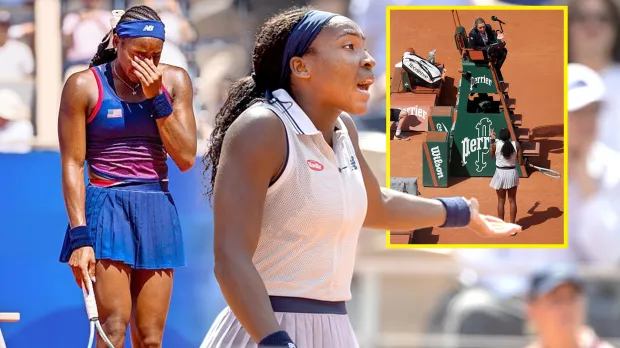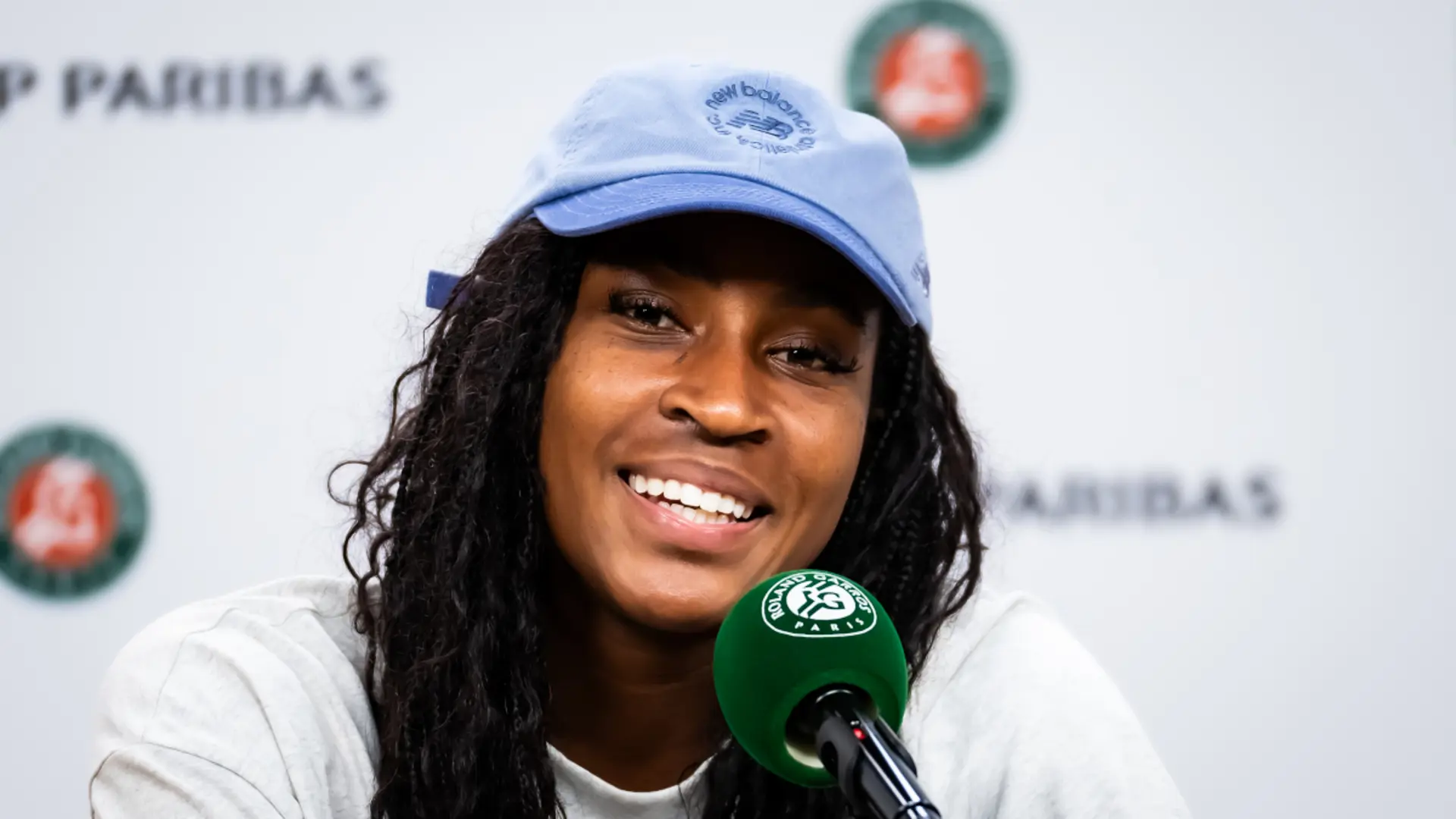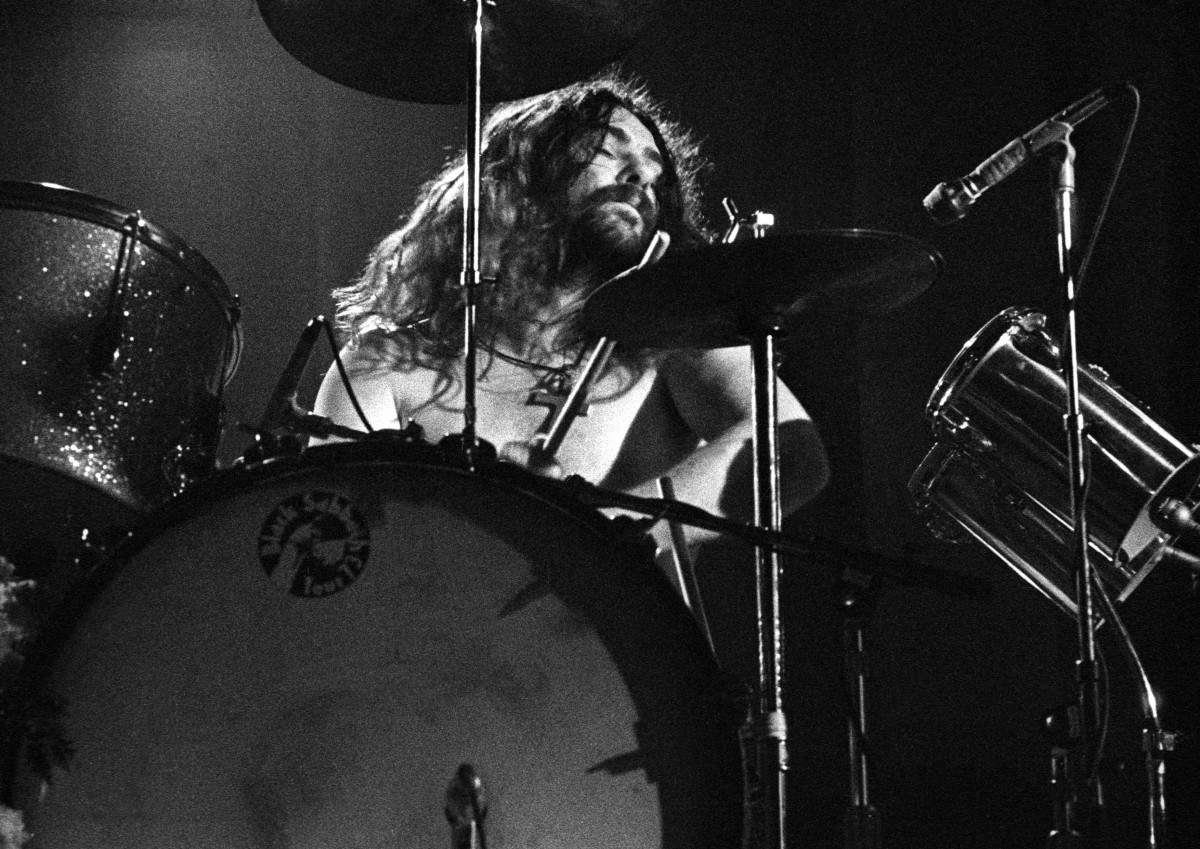In a sport where grace meets grit and the spotlight often picks favorites, Coco Gauff is once again reminding the world why her voice matters just as much as her backhand. At just 21 years old, Gauff has become more than a tennis prodigy—she’s a force of cultural change, both on and off the court.
During the 2025 French Open media week, Gauff didn’t hold back. In front of a packed room of journalists, she said plainly, “Women deserve prime time too. The French Open, and all majors, should reflect that.”
The remark sent ripples not just through Roland-Garros but across the global sports landscape. It wasn’t the first time Gauff had made headlines for using her platform with purpose—and it surely won’t be the last.
But her statement carries weight not only because of her status, but because it reflects a reality that many fans, players, and analysts have quietly acknowledged for years: women’s tennis deserves the spotlight—and not just as a warm-up act for the men.
🎙️ A Voice of Her Generation
From her unforgettable breakout at Wimbledon in 2019 to winning her first Grand Slam at the 2023 US Open, Coco Gauff has consistently been a trailblazer. But what sets her apart isn’t just her athletic brilliance. It’s her poise. Her advocacy. Her ability to blend athletic focus with social consciousness.
When she spoke out at Roland-Garros this year, it wasn’t a complaint—it was a call to action.
“We play just as hard,” she said. “We train just as long. We compete just as fiercely. So why are we not given the same stages at the same time?”
It was a message as undeniable as one of her down-the-line winners.
📺 The Prime Time Problem
Historically, Grand Slam tournaments, including the French Open, have often scheduled marquee men’s matches during the most coveted evening slots. While the ATP’s top players like Novak Djokovic or Carlos Alcaraz are routinely showcased under the lights, WTA stars often find their matches placed in mid-afternoon sessions, regardless of the caliber of the matchup.
The statistics don’t lie. Over the past few years, only a fraction of prime-time matches at Roland-Garros featured women. Even finals weekend often underscores this divide, with the men’s final given the more prestigious time slot.

For Gauff, the issue isn’t just about fairness—it’s about visibility.
“Young girls need to see women on those big courts. In those big moments. Under those big lights,” she said. “That’s how you inspire the next generation.”
🌍 More Than Just Coco
Gauff’s remarks echoed sentiments that have long simmered beneath the surface of professional tennis. Other stars—including Iga Swiatek, Aryna Sabalenka, and Ons Jabeur—have subtly voiced similar frustrations. Gauff simply said what many were thinking—but louder, clearer, and on a stage the world couldn’t ignore.
What makes her stance even more compelling is that it’s rooted not in resentment, but in vision. She isn’t asking for a handout—she’s demanding equality of recognition.
This isn’t about replacing men’s matches in prime time. It’s about sharing that stage.
📈 A Ratings Reality Check
There’s also a commercial side to this conversation that makes Gauff’s argument even stronger.
Women’s tennis has historically drawn massive viewership, especially when rivalries are well promoted. Serena Williams vs. Maria Sharapova? Prime-time gold. Naomi Osaka vs. Victoria Azarenka? Fans showed up in droves. And Coco Gauff herself? Her matches, particularly at the US Open and Wimbledon, have pulled in record numbers.
The French Open has no shortage of compelling storylines on the WTA side. Swiatek’s dominance on clay, the emergence of teenage stars like Mirra Andreeva, the resurgence of Naomi Osaka, and yes—Gauff’s own rise. So why not capitalize?
If anything, tournaments are leaving money on the table by not giving these matches more visibility.
🔥 Gauff’s Growing Legacy
Gauff’s advocacy at this year’s French Open is just another layer in her expanding legacy—not just as a tennis champion, but as a cultural game-changer.
She has spoken out about racial justice, mental health, and equal pay. She’s shown that a tennis star can be unapologetically vocal and still maintain her on-court excellence. And each time she speaks up, her words don’t just trend—they stick.
Her call for gender-equal scheduling is timely. With the sport at a generational crossroads and the retirement of many iconic male players imminent, there’s room to redefine what prime-time tennis looks like—and who gets to occupy it.
👥 The Players Are Listening
Following Gauff’s statement, a wave of support came from fellow players.
Iga Swiatek, the defending Roland-Garros champion, told reporters, “I agree with Coco. If we want tennis to be equal, it starts with visibility. That’s what young players see and what brands pay attention to.”
American Jessica Pegula, a frequent doubles partner of Gauff, chimed in too: “The audience is there. The demand is there. Let’s meet it.”
Even some men on tour backed the message, recognizing that visibility for women only strengthens the game as a whole.
🇫🇷 The French Open’s Response
Roland-Garros organizers didn’t ignore the comments. In a brief statement, tournament officials said they were “committed to equitable scheduling” and would “continue evaluating how to showcase the best tennis across both tours.”
It’s a step—but is it enough?
Gauff’s comments, and the media wave that followed, have put the spotlight squarely on the organizers. This isn’t just about one tournament anymore. It’s about all four Slams—and the message they send.
📣 Why This Matters
Sports are a mirror of culture. What we choose to elevate reflects what we value.
When Gauff demands more visibility for women in prime time, she’s not asking for the moon. She’s asking for what should already be standard: equal opportunity to shine.
If women’s tennis is consistently bringing thrilling matches, superstar personalities, and compelling narratives, why keep them off the biggest stage?
Gauff isn’t just standing up for herself. She’s standing up for the 12-year-old girl watching in Lagos, in Manila, in Atlanta—dreaming of seeing someone who looks like her on the big screen, at the big moment.
🌟 What Comes Next?
The 2025 French Open may still play out under the usual scheduling rhythm—but the conversation has changed.
Broadcasters will be watching. Fans will be watching. Sponsors will be watching.
And if tournament directors weren’t listening before, they are now.
With Gauff’s star continuing to rise, every time she speaks out, she amplifies the voices of many who’ve been waiting for change. Whether or not she wins another Grand Slam this season, she’s already influencing the game in ways that transcend titles and trophies.

💬 Final Word
Coco Gauff didn’t just play tennis at Roland-Garros 2025—she spoke tennis into the future.
By saying that women deserve prime time, she did more than challenge the status quo. She inspired it to evolve.
Because under the lights of Court Philippe-Chatrier, and across courts around the world, one thing is clear: women’s tennis is ready for the main stage.
And so is Coco Gauff.

